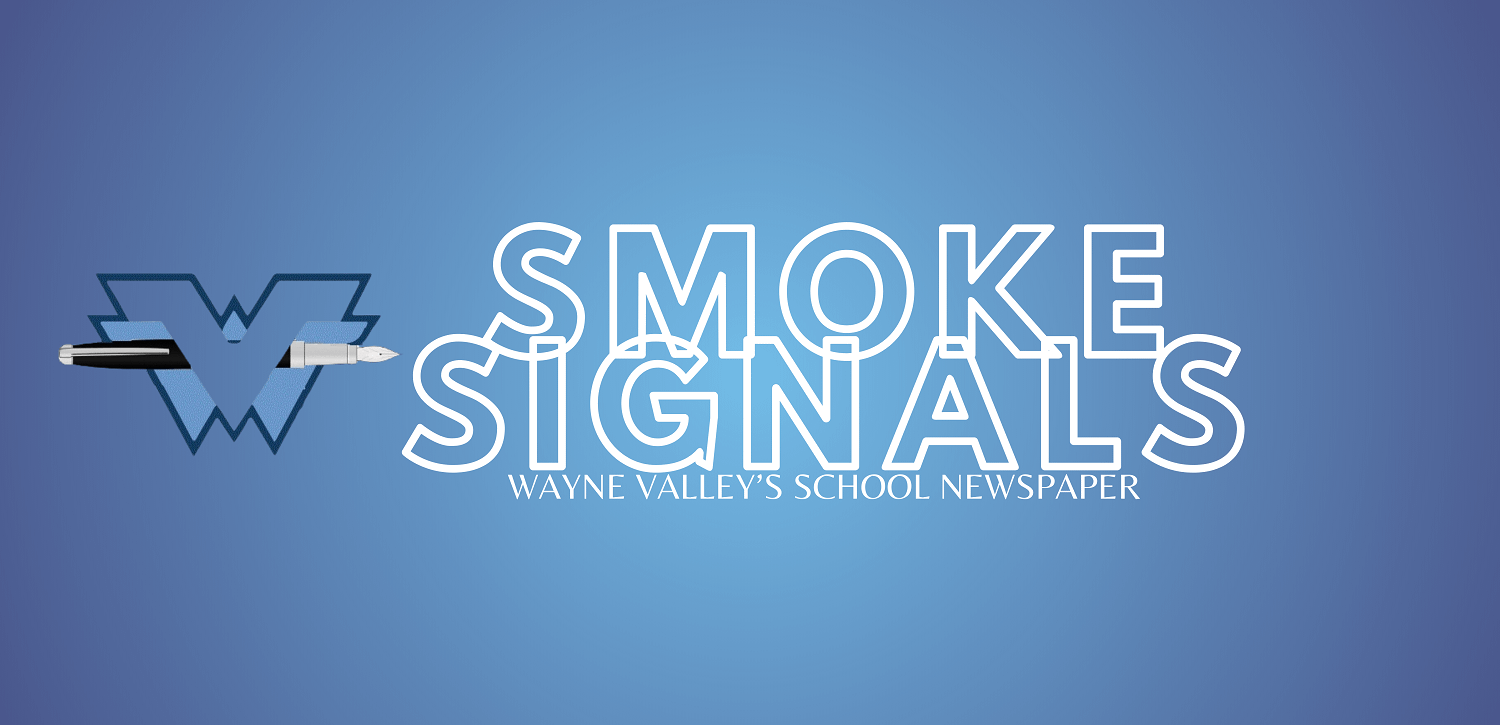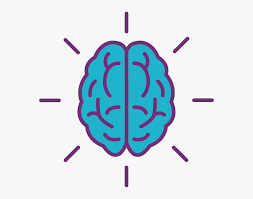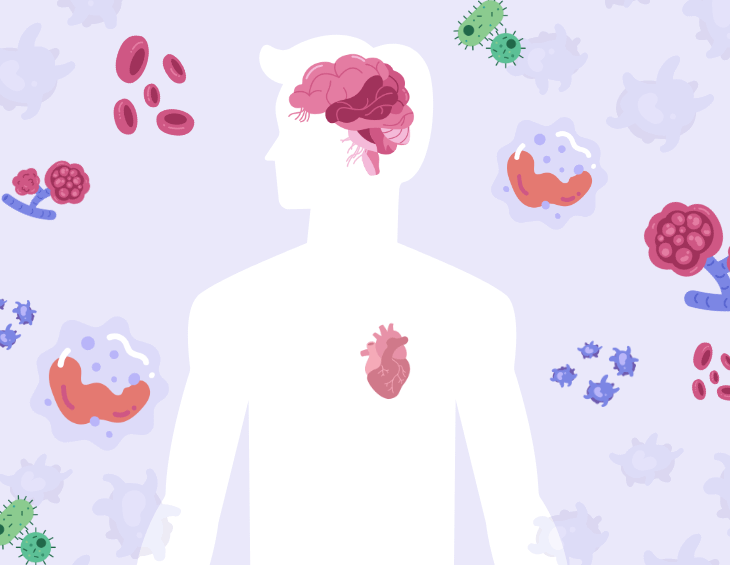Elon Musk, known for his contribution to the rise of electric vehicles through his company Tesla, has driven his influence to the field of medicine. Musk is the co-founder of Neuralink, a tech-startup working on a device that is surgically implanted into the brain. The application of this technology is endowed to help those with paralysis, blindness, and other conditions to regain ability. Neural activity is stimulated by the device, manipulating brain function. For blindness, the Neuralink device will work with a camera output, allowing for the stimulation of the brain to result in the perception of the person’s surroundings. For paralysis, Neuralink can stimulate the spinal cord and start movement.
Though curing disease is the largest and most groundbreaking feat for Neuralink, it has other applications as well. This includes the connection between a brain and machine. Neuralink can bypass the middleman between humans and artificial intelligence, allowing one to type or collect information without contact to a screen or keyboard.
Neuralink’s successful animal testing and recent FDA approval has proven that the 21st century really is the time of technology. Though the prospect of enabling the disabled is enticing to many people, reactions to Neuralink are not all positive. No stranger to dystopian Sci-fi films, artificial intelligence’s increasing power is met with fear. At one point, will improving human quality of life open doors to overdependence on technology, or even AI independence from human control? But all change is feared, and for humanity to take the next step, maybe some risks are well taken.







